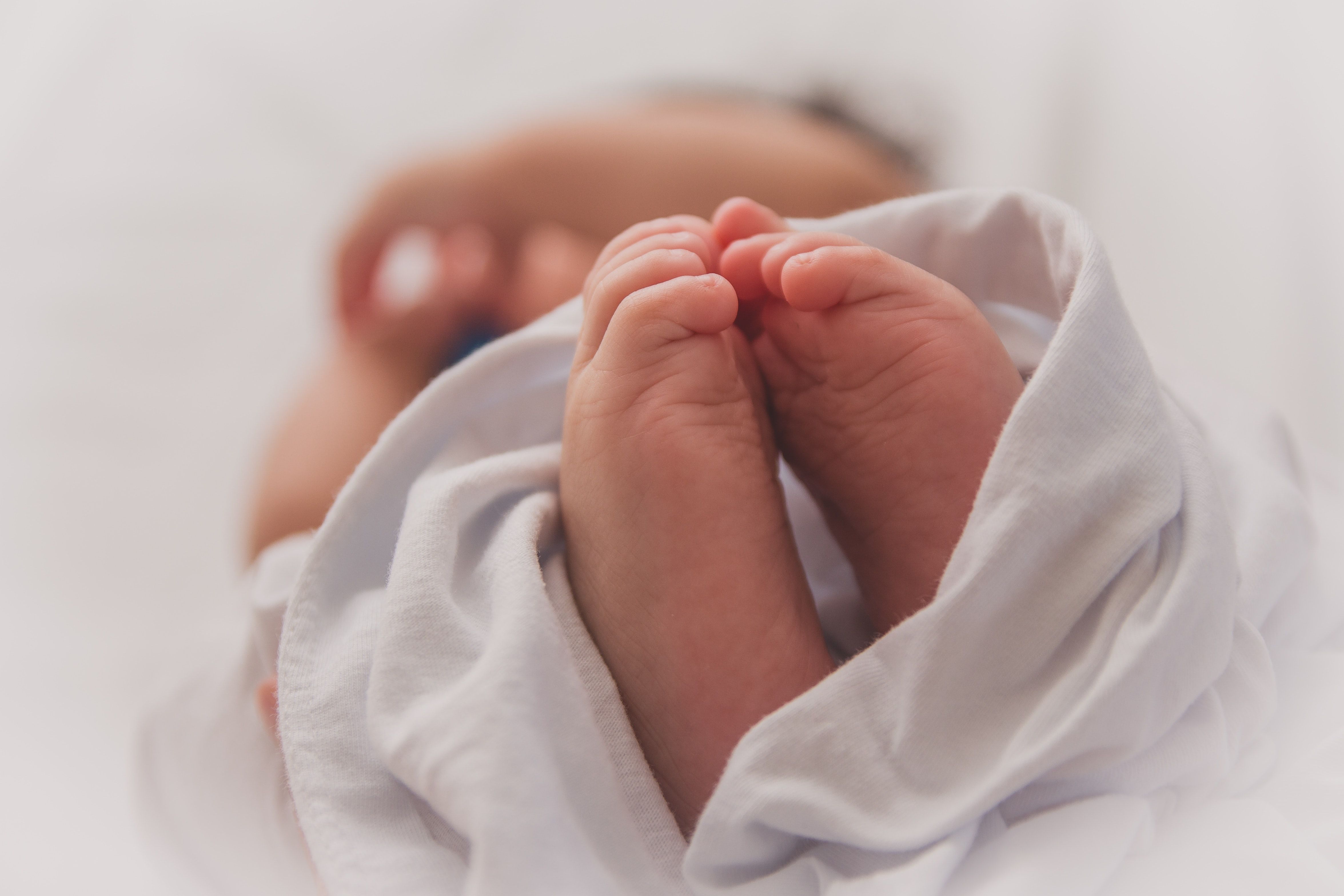The RSV immunization, nirsevimab, showed it reduced hospitalizations for RSV in infants under 6 months of age by 82% compared to infants who received no RSV.
image credit: unsplash

Today, Sanofi announced its immunization, nirsevimab, reduced hospitalizations for RSV in infants under 6 months of age by 82% (95% CI: 65.6 to 90.2), compared with infants who received no RSV intervention.1
These interim results were published in The Lancet this week as part of an ongoing study and were taken from the first RSV season after Beyfortus’ introduction. It is part of a 3-year, NIRSE-GAL study conducted in Galicia, Spain, under a collaborative framework with the Galician Directorate of Public Health of the Xunta de Galicia (Galician government) and Sanofi.1
“Galicia provides the first population-based real-world evidence of the impact of nirsevimab to prevent RSV disease in infants, showing a reduction by almost 90% in the number of hospitalizations due to this virus when compared with several previous RSV seasons,” Federico Martinon Torres, MD, PhD, head of Pediatrics, Hospital Clínico Universitario Santiago, Spain, and principal investigator of NIRSE-GAL study.1
Sanofi says these interim results confirm the immunization’s efficacy that was reported in previous clinical studies as well as the outcomes from HARMONIE, a phase 3b clinical study (NCT05437510) conducted in close to real-life conditions.
Last summer, the FDA approved Sanofi and AstraZeneca’s nirsevimab for the prevention of RSV LRTD in newborns and infants born during or entering their first RSV season, and for children up to 24 months of age who remain vulnerable to severe RSV disease through their second RSV season.
Read more: Contagions coverage on RSV immunizations and clinical management in our special featured section, RSV: A New Era in Prevention
What You Need to Know
The interim analysis revealed a substantial reduction in hospitalizations for RSV-associated lower respiratory tract infection (LRTI) among infants who received nirsevimab immunization.
The study demonstrated the real-world effectiveness of nirsevimab in preventing RSV-related hospitalizations.
These interim results complement previously reported clinical studies and validate the outcomes observed in HARMONIE, a phase 3b clinical study conducted in conditions closely resembling real life.
Study Parameters and Results
For this interim analysis, the investigators examined data collected from Sept 25 to Dec 31, 2023, with children born up to Dec 15, 2023.2
The investigators noted that 9408 of 10,259 eligible infants in the seasonal and catch-up groups received nirsevimab, including 6220 of 6919 in the seasonal group and 3188 (95·4%) of 3340 in the catch-up group.2
In the high-risk group, 360 participants were offered nirsevimab, and 348 of them received the immunization. They included only infants in the seasonal and catch-up groups in analyses to estimate nirsevimab effectiveness and impact because there were too few events in the high-risk group.2
In the catch-up and seasonal groups combined, 30 of 9408 infants who received nirsevimab and 16 (1·9%) of 851 who did not receive nirsevimab were hospitalized for RSV-related LRTI.2
“Nirsevimab substantially reduced infant hospitalizations for RSV-associated LRTI, severe RSV-associated LRTI requiring oxygen, and all-cause LRTI when given in real-world conditions,” the investigators concluded.2
References
1. Press Release: Beyfortus real-world evidence published in The Lancet shows 82% reduction in infant RSV hospitalizations. Sanofi. News release. May 2, 2024. Accessed May 2, 2024.
https://www.sanofi.com/en/media-room/press-releases/2024/2024-05-02-05-00-00-2873804
2. Ares-Gomez S, Mallah N, Santiago-Perez M, et al. Effectiveness and impact of universal prophylaxis with nirsevimab in infants against hospitalisation for respiratory syncytial virus in Galicia, Spain: initial results of a population-based longitudinal study. Lancet. Published online April 30, 2024. Accessed May 2, 2024. doi:10.1016/S1473-3099(24)00215-9